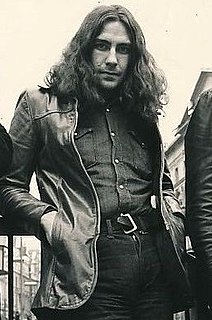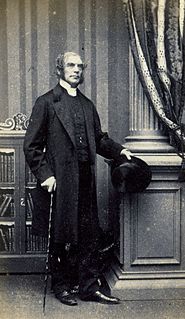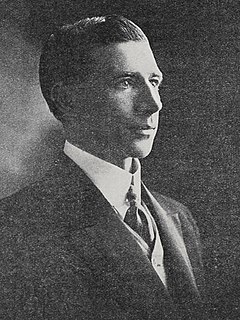A Quote by Sylvia Plath
Believe in some beneficent force beyond your own limited self. God, god, god: where are you? I want you, need you: the belief in you and love and mankind.
Related Quotes
Religion becomes a matter of belief, and belief acts as a limitation on the mind; and the mind then is never free. But it is only in freedom that you can find out what is true, what is God, not through any belief; because your belief projects what you think God ought to be, what you think ought to be true. If you believe God is love, God is good, God is this or that, your very belief prevents you from understanding what is God, what is true.
To become conscious of God, to become God's consciousness, to become God, to be God and to be beyond God, God being beyond God, God having an existence separate from the creation, to be that, to merge with that, to lose one's self and find one's self endlessly again and again in that is self-realization.
God is real. God is here now. God is this moment revealed. For the most part, we are lost in the past and future world of the mind. To experience the living Presence of God in all things present, we will have come to where God is. We will have to become fully present. Otherwise we have no choice but to believe in God or disbelieve in God and neither is true, for the truth is beyond belief!
You hear a lot about God these days: God, the beneficent; God, the all-great; God, the Almighty; God, the most powerful; God, the giver of life; God, the creator of death. I mean, we're hearing about God all the time, so we better learn how to deal with it. But if we know anything about God, God is arbitrary.
If you believe in a higher power or if you believe in God, then I would suggest that you go to God and see if you can find some solutions. If you don't believe in God, then try to be as honest with yourself as you possibly can... When I've chosen the light of God or self-honesty, my own misery has brought me to a solution.
You are not called to believe in your love to God, but in God's love to you! Do not argue, 'I cannot love God! I have striven to my uttermost to do so, but have failed in all my endeavors, until in despair I have abandoned the thought and relinquished the attempt.' Be it so- no effort of your own can strike a spark of love to God from your heart. Nor does God demand the task at your hands. All that He requires of you is faith in His love, as embodied and expressed in Jesus Christ to poor sinners.
Nature always takes you at your own valuation. Believe you are the child of God-really believe it. Believe that you express Divine Life, Divine Truth, and Divine Love. Believe that Divine Wisdom guides you. Believe that God is your supply. Believe that God is helping and blessing humanity through you. Believe that you are a special enterprise on the part of God and that he is opening your way-and what you really believe, that you will demonstrate.
I believe the word "infidel" is not particular to any religion. I believe we are all created in the image of God, in fact, we are all God, or at one with God, at our deepest core essence. I think "infidel" refers to one who does not believe that God is none other than the Self. The "infidel" is the individual personality who identifies with the body and thoughts and not the Divine Indweller. Therefore we are all "infidels" save the sacred few who have transcended the notion of the limited self. The ancient mystics of all tradtitions have said this.
Obviously, if theism is a belief in a God and atheism is a lack of a belief in a God, no third position or middle ground is possible. A person can either believe or not believe in a God. Therefore, our previous definition of atheism has made an impossibility out of the common usage of agnosticism to mean "neither affirming nor denying a belief in God."
In the dominant Western religious system, the love of God is essentially the same as the belief in God, in God’s existence, God’s justice, God’s love. The love of God is essentially a thought experience. In the Eastern religions and in mysticism, the love of God is an intense feeling experience of oneness, inseparably linked with the expression of this love in every act of living.
Beware of manufacturing a God of your own: a God who is all mercy, but not just; a God who is all love, but not holy; a God who as a heaven for every body, but a hell for none; a God who can allow good and bad to be side by side in time, but will make no distinction between good and broad in eternity. Such a God is an idol of your own, as truly an idol as any snake or crocodile in an Egyptian temple. The hands of your own fancy and sentimentality have made him. He is not the God of the Bible, and beside the God of the Bible there is no God at all.
It is one step, and a giant one, to see clearly and participate in the love that flows between the persons of the Trinity, but even here, God is seen as the object of his own love. It is yet another step to realize that God is beyond all subject and object and is Himself love without subject or object. This is the step beyond our highest experiences of love and union, a step in which self is not around to divide, separate, objectify or claim anything for itself. Self does not know God; it cannot love him, and from the beginning has never done so.
I want atheism to be true and am made uneasy by the fact that some of the most intelligent and well-informed people I know are religious believers. It isn't just that I don't believe in God and, naturally, I hope that I'm right in my belief. It's that I hope there is no God! I don't want there to be a God; I don't want the universe to be like that.






































